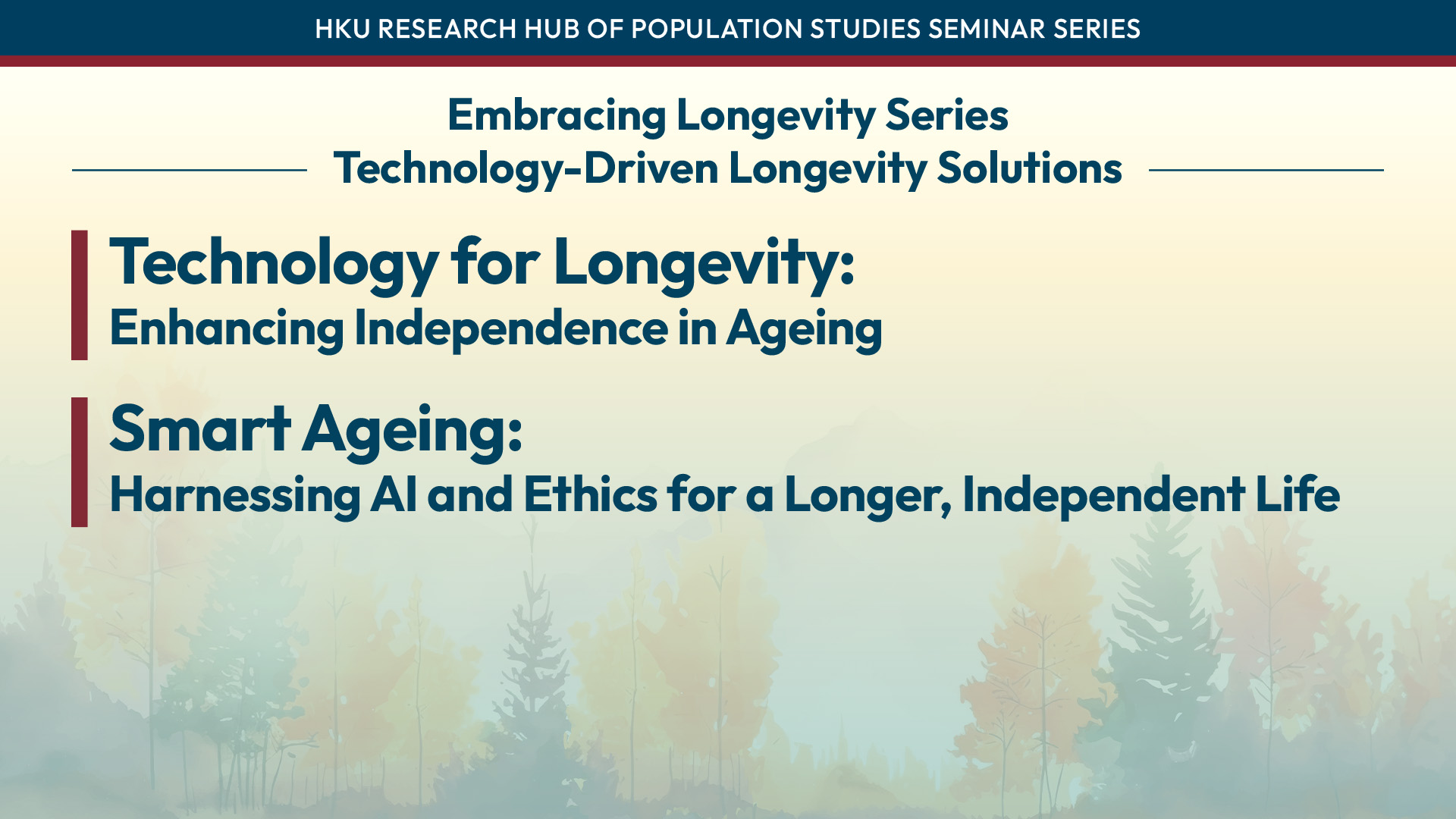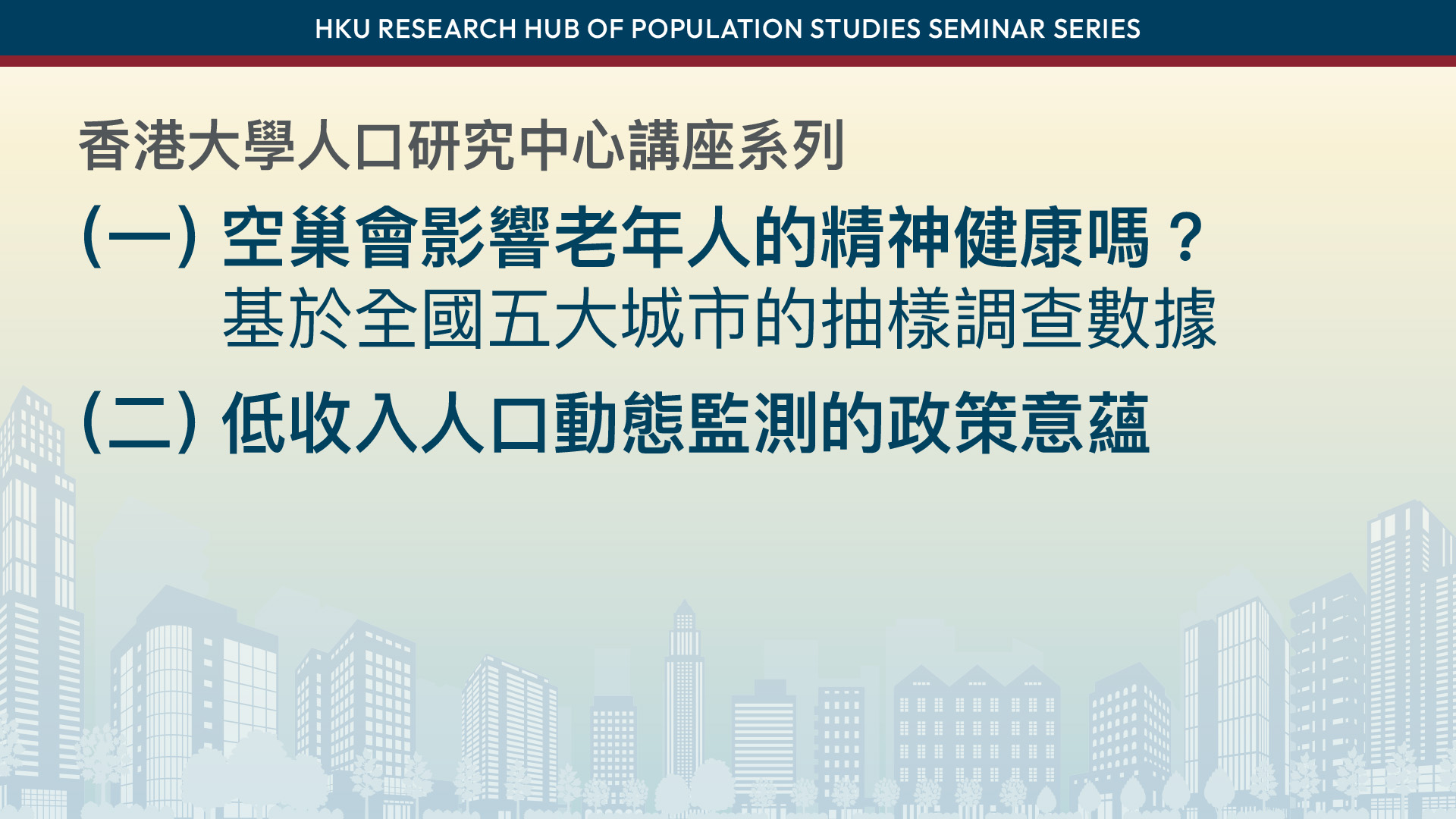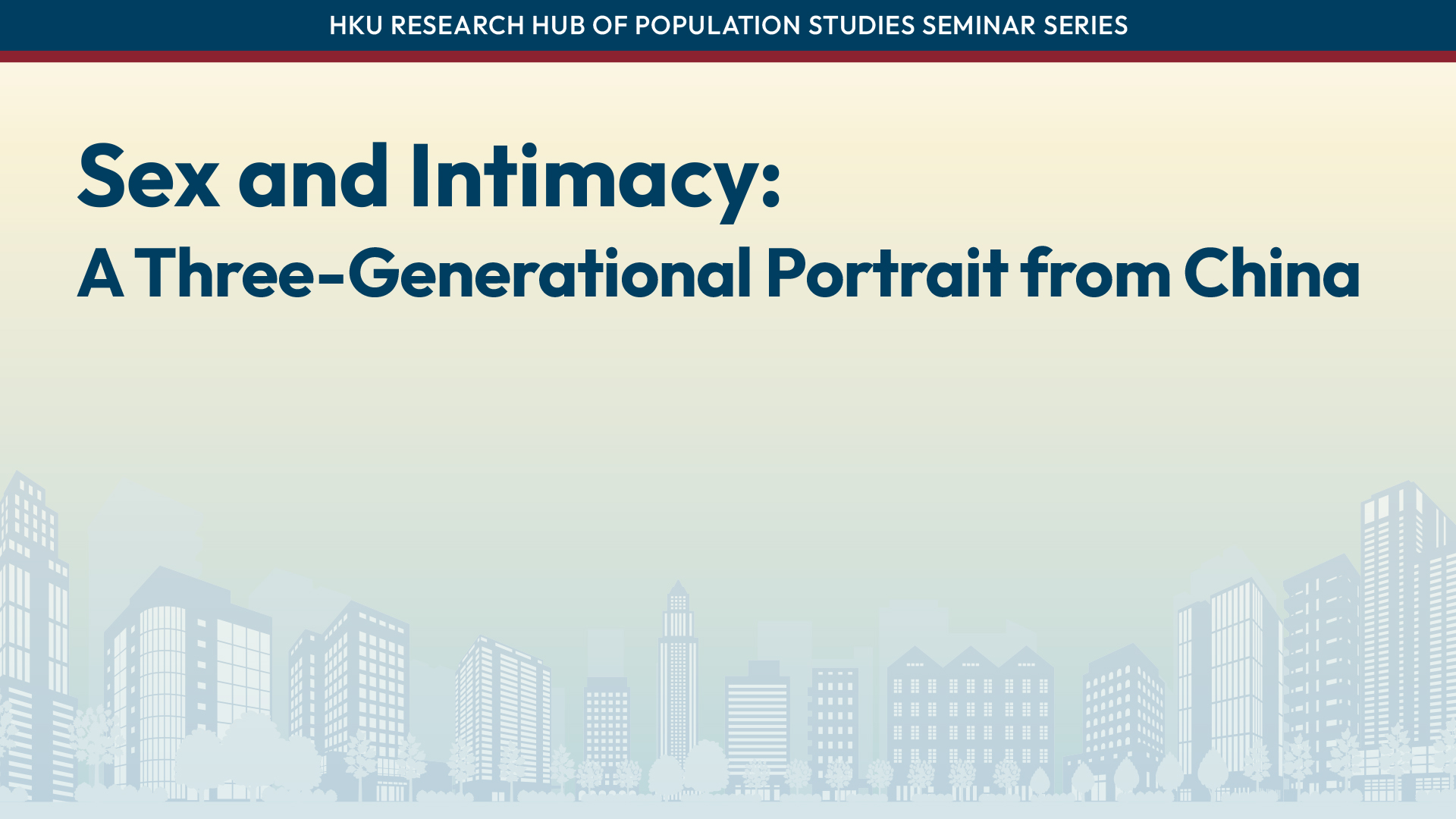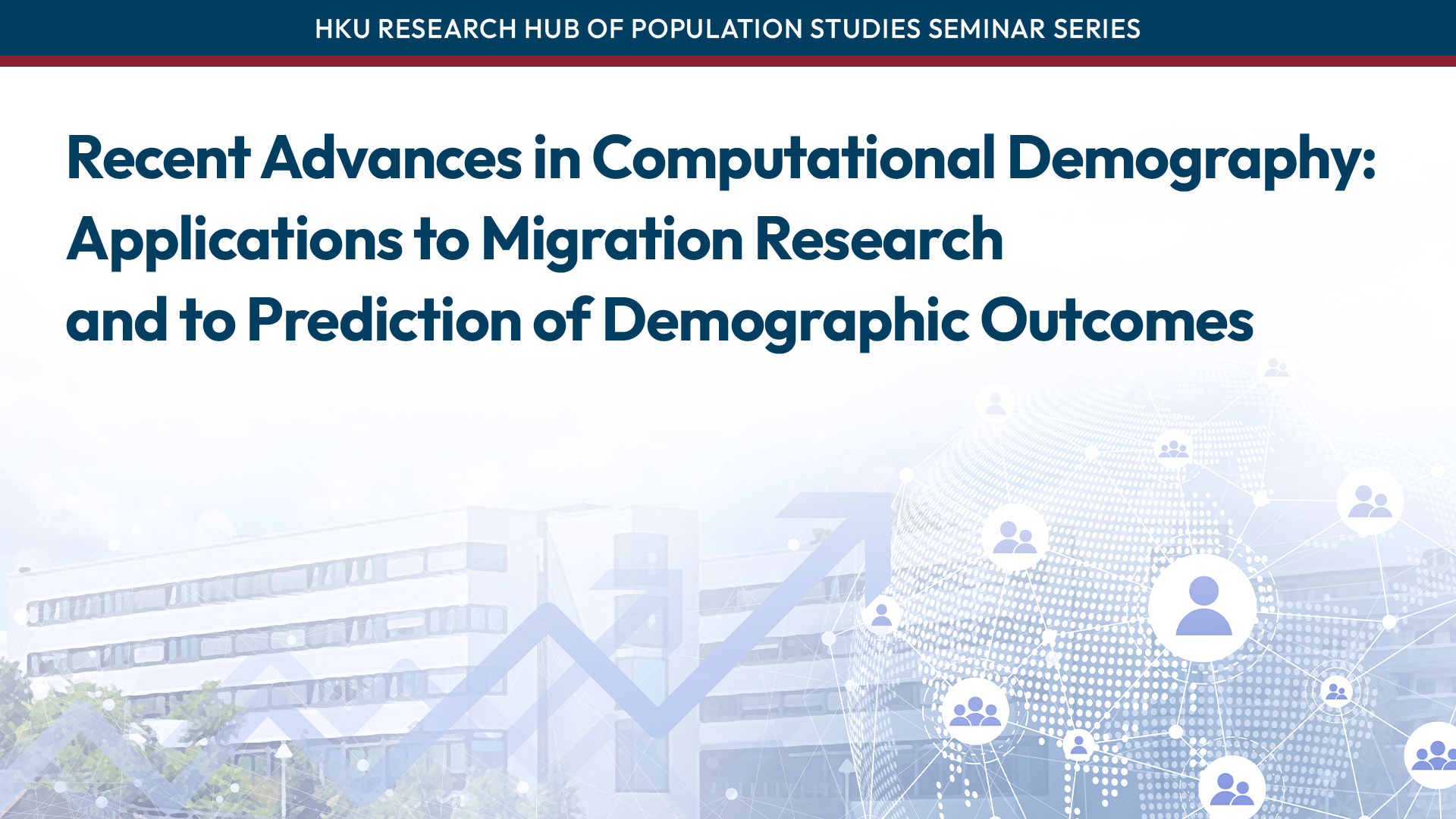April 30, 2024
3:30 - 5:00pm
Social theorists have disagreed on the consequences of the incongruence between people’s positions in the power and wealth hierarchies on psychological well-being. It has also been argued that the institutional context of a society may influence the relevance of the power-wealth incongruence and condition its well-being consequences. Professor Lei Jin uses data from a unique cross-national survey, done in 29 societies with diverse institutional contexts and apply the diagonal mobility model with country-level fixed effects. It is found that people typically perceived lower positions in the power hierarchy than in the wealth hierarchy. Moreover, the institutional context shaped the well-being consequences of the power-wealth incongruence. Higher-power-lower-wealth individuals reported lower life satisfaction and more negative emotions than their status congruent counterparts in authoritarian regimes and hybrid democracies, but not in full democracies. Professor Jin will discuss the implications of the findings for the research on status inconsistency and on institutions and well-being.



















